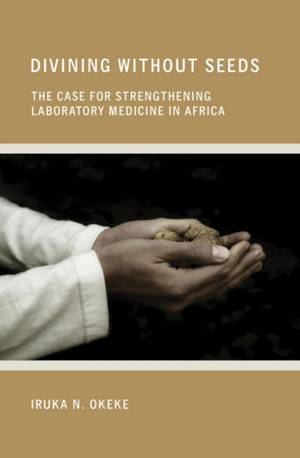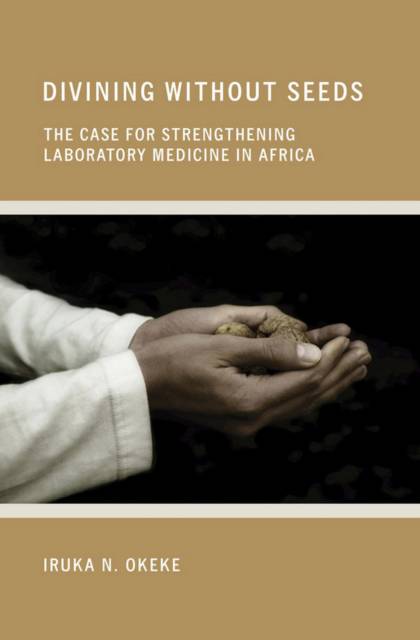
- Retrait gratuit dans votre magasin Club
- 7.000.000 titres dans notre catalogue
- Payer en toute sécurité
- Toujours un magasin près de chez vous
- Retrait gratuit dans votre magasin Club
- 7.000.000 titres dans notre catalogue
- Payer en toute sécurité
- Toujours un magasin près de chez vous
Description
Infectious disease is the most common cause of illness and death in Africa, yet health practitioners routinely fail to identify causative microorganisms in most patients. As a result, patients often do not receive the right medicine in time to cure them promptly even when such medicine is available, outbreaks are larger and more devastating than they should be, and the impact of control interventions is difficult to measure. Wrong prescriptions and prolonged infections amount to needless costs for patients and for health systems. In Divining without Seeds, Iruka N. Okeke forcefully argues that laboratory diagnostics are essential to the effective practice of medicine in Africa.
The diversity of endemic life-threatening infections and limited public health resources in tropical Africa make the need for basic laboratory diagnostic support even more acute than in other parts of the world. This book gathers compelling case studies of inadequate diagnoses of diseases ranging from fevers--including malaria--to respiratory infections and sexually transmitted diseases. The inherited and widely prevalent health clinic model, which excludes or diminishes the hospital laboratory, is flawed, to often devastating effect. Fortunately, there are new technologies that make it possible to inexpensively implement testing at the primary care level. Divining without Seeds makes clear that routine use of appropriate diagnostic support should be part of every drug delivery plan in Africa and that diagnostic development should be given high priority.
Spécifications
Parties prenantes
- Auteur(s) :
- Editeur:
Contenu
- Nombre de pages :
- 240
- Langue:
- Anglais
- Collection :
Caractéristiques
- EAN:
- 9780801449413
- Date de parution :
- 15-02-11
- Format:
- Livre relié
- Format numérique:
- Genaaid
- Dimensions :
- 155 mm x 236 mm
- Poids :
- 476 g







